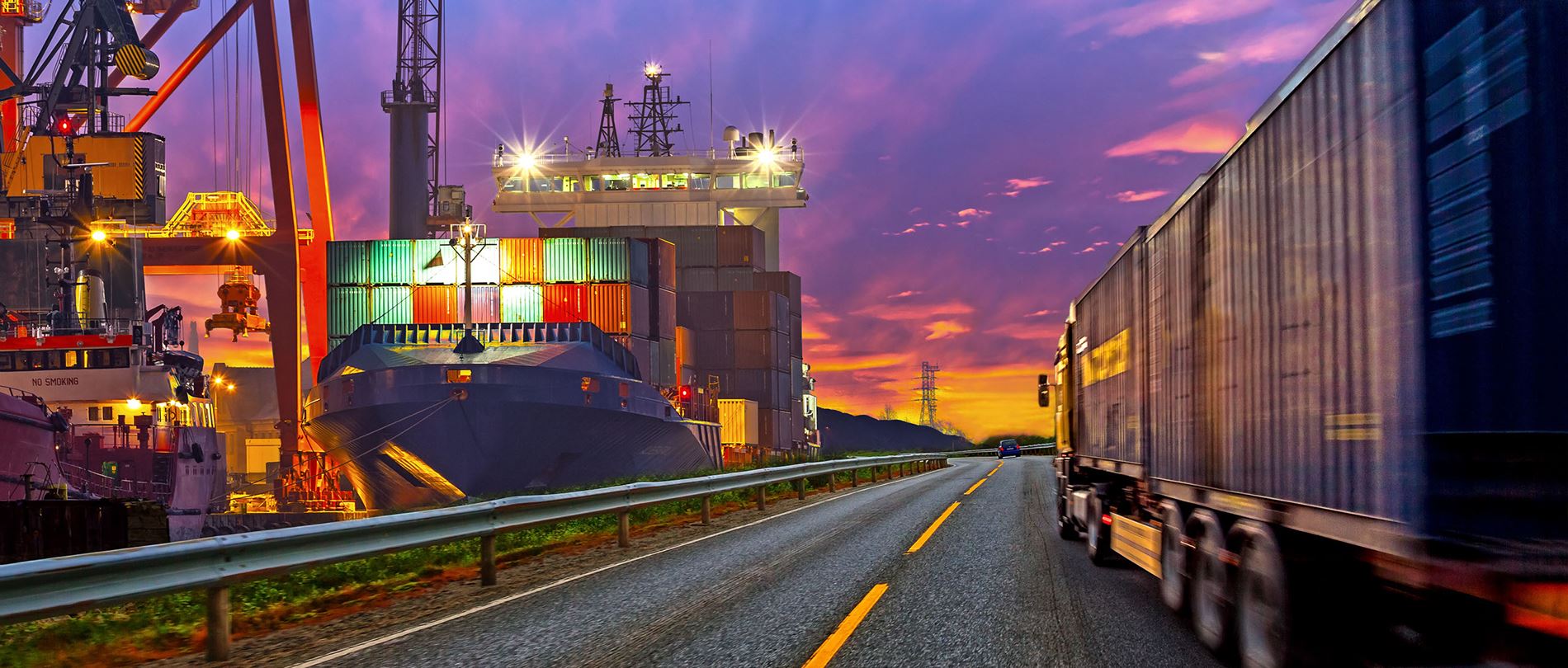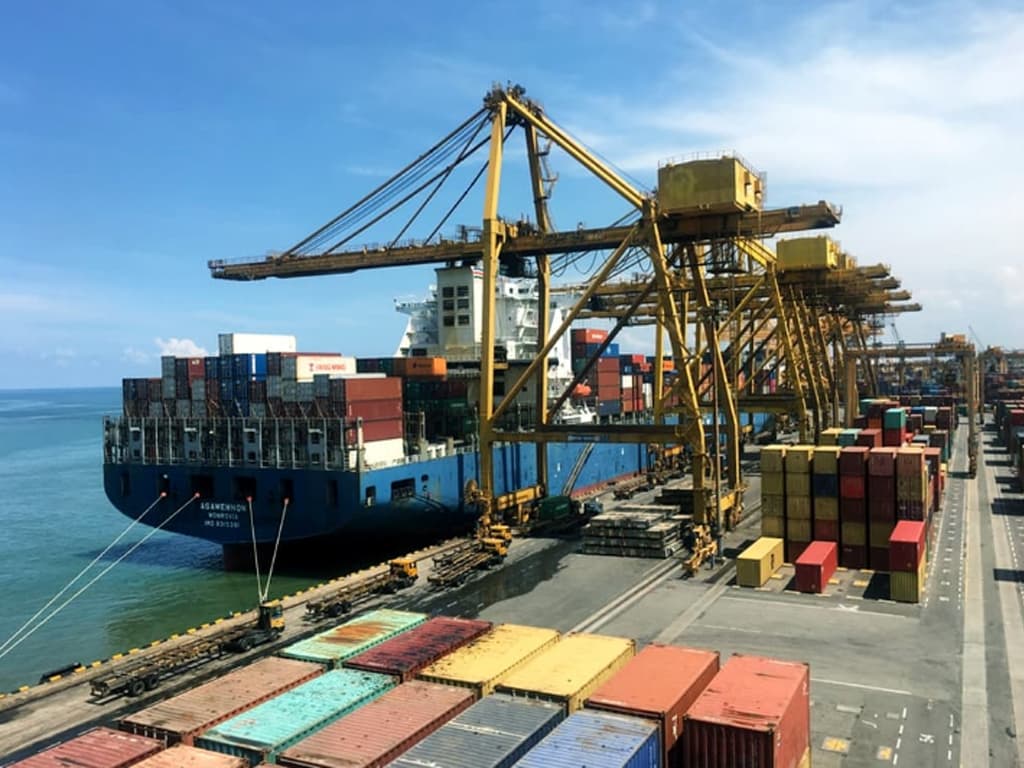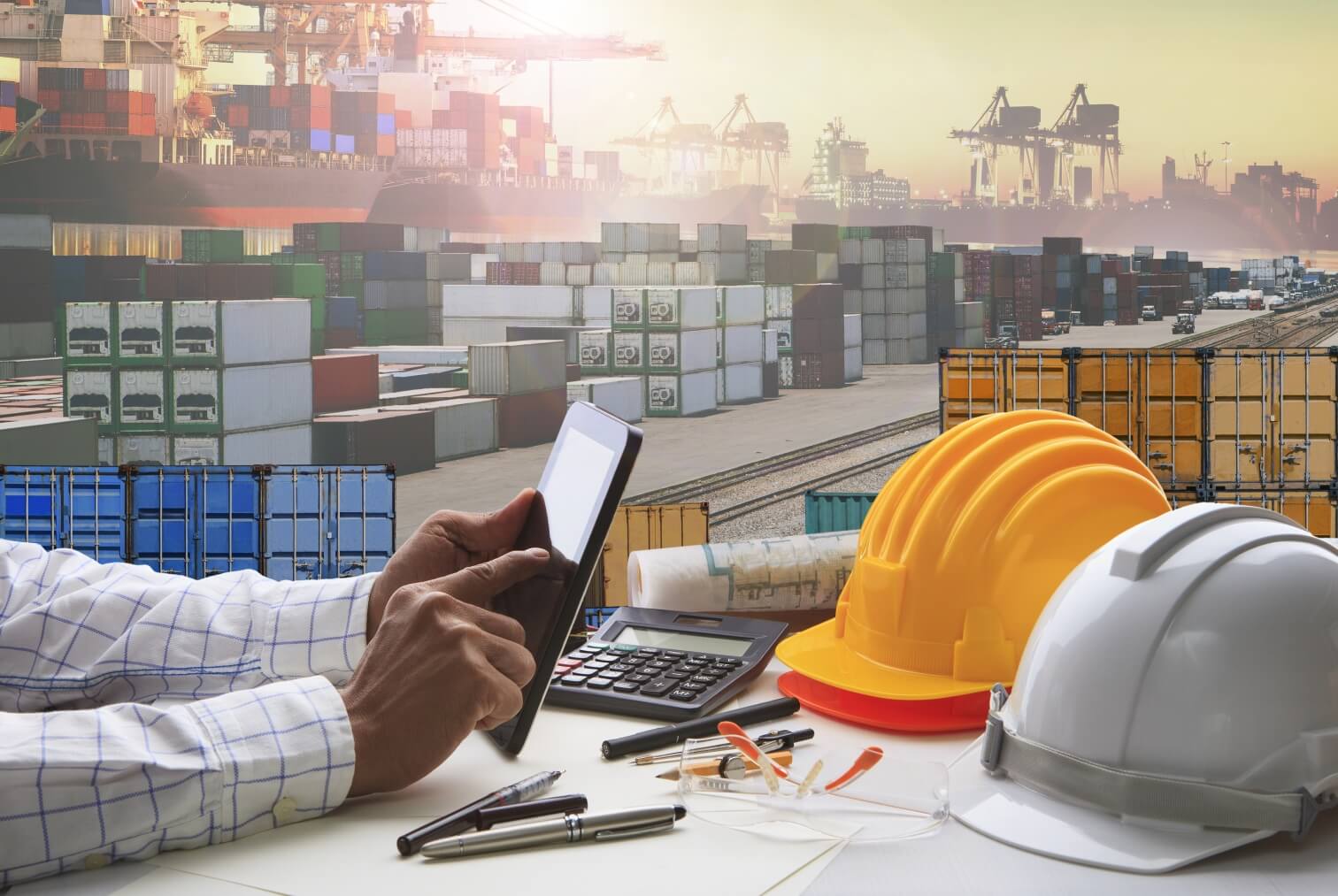ABSTRACT
An efficient, effective, and operational communication is the pre-requisite for progress and prosperity. The goal of sustainable development remains a dream if the country lacks a well integrated multimodal transportation system including roads, railways, waterways, aviation, maritime and telecommunication. All these modes are required for speedy movement of passengers and cargo both inland & abroad with the ultimate aim of expanding import & export potential.
Engineers are the builders of nations. Their role is second to none in the national and international economies and although they are consulted at policy level to a limited extent in Pakistan yet they contribute tremendously as technocrats.
There is a need of formulating a national policy on multimodal transportation system indicating clear duties of relevant stakeholders including the engineering community.
1.PREAMBLE
1.1 Significance of Communication Network
An efficient, effective, and operational communication is the pre-requisite for progress & prosperity of a country. The goal of sustainable development remains a dream if the country lacks well integrated system of multimodal transportation system including roads, railways, waterways, aviation, maritime and telecommunication. All these modes are required for speedy movement of passengers and cargo both inland & abroad with the ultimate aim of expanding import & export potential. Thus, internal and global trading depends largely on existing communication infrastructure. Pakistan is no exception to this general rule.
1.2 Responsibility for Developing Communication Infrastructure
Developing communication infrastructure is a multi-disciplinary and multi-sectoral subject. Public as well as the private sectors contribute towards this issue in many formats and shapes. Political leadership, technocrats, civil society and non-governmental organisations (NGOs) render their respective inputs at local, district, provincial and national levels.
1.3 The theme of present dissertation is to express multimodal transportation system in the economic context and tremendous role of engineering professionals in its development.
2.MUTIMODAL TRANSPORTATION AND ECONOMY
2.1 Optimal Utilization of Natural Resources
An economic activity stands from optimal utilization of natural resources exploitation for new avenues. For quarrying, mining and transfer of raw materials there is dire necessity of reliable multimodal communication network. In many instances, countries benefit from the raw materials of one another.
2.2 Transfer of Finished Products and By-Products
For inland and global trading, the finished products and by-products need to be transferred from one place to the other. For safe and fast movement of manufactured goods & services highly developed communication facilities are needed. In case of perishable good extra care is required in their transportation. Commercial and trading activities will flourish bringing economic dividends to the stakeholders.
2.3 Imports and Exports
Undoubtedly the world has become a global village and its economy is interlinked and interwoven. Soundness of national economy is always reflected through its imports and exports. As 90% of global trade is seaborne, therefore, smooth and well coordinated movement of imported materials from seaports to their inland destinations needs to be carried out without any delay. The same is needed at the airports. In a nutshell well designed interchanges are needed at terminals for subsequent movements.

3.ROLE OF ENGINEERS IN DEVELOPING MULTIMODAL TRANSPORTATION SYSTEM
The engineers are builders of nations. Their role is second to none in the national and international economies. Although they are consulted at policy level to a limited extent in Pakistan yet they contribute tremendously as technocrats. They perform their duties in technical activities of extracting, manufacturing, finishing, construction, etc from the conceptual to operation stages. They are called upon to design, build, commission and operate nation building projects. A few glimpses of the engineers’ role in developing communication infrastructure are given below:
3.1 Construction of Terminal Facilities
Engineers are the technical people who conceive, survey, design, supervise construction, operate and develop the terminals and allied facilities. This process is applicable to maritime/seaports, jetties, berthing and storage of goods.
Aviation/aerodromes/aircrafts along with runways, air traffic controls, aircraft pens & hangers, cargo handling & storages, and passenger lounges are all designed & constructed by engineers. The same is true for roads, railways, transporter/trailer services, riverine terminals, bus & cargo terminals etc.
3.2 Interchanges at Terminals
It is noteworthy that interchanges at seaports, airports and terminals are still in infancy to convey passengers & cargo speedily and systematically to their respective destinations. In Pakistan 90% passenger movement and 96% cargo shifting is done by roads. The remaining transportation is affected by road and aviation sector while share of waterways is almost nil. Engineering community needs to make colossal efforts for developing inland communication infrastructure including electronic telecommunication.
3.3 Challenges and Opportunities
The current scenario of multimodal transportation in Pakistan is not conducive for fast track shifting of passengers and cargo with ensuing losses of national and global trading. Engineers should come forward and prepare necessary proposals and projects for improving the situation. However, the national policy makers and planners should also play their leadership role in facing the existing challenges and availing of opportunities as under:
3.3.1 Reformation of Legislation
Either required laws, rules and regulations in consonance with the international requirements do not exist at all or the present ones are too orthodox and scanty.
3.3.2 Absence of Public/Private Cooperation
Seemingly the relevant government departments and private organisations are not working closely for achieving the common purpose of putting Pakistan’s economy on a strong footing. Such gaps should be found out and mitigated. Also inter-departmental and inter-sectoral prejudices should be normalized.
3.3.3 Observance of International Obligations
In order to continue with smooth global trade, international obligations need to be fulfilled such as joint endeavours for ensuring safe and secure sea routes.

4. RECOMMENDATIONS
Salient Recommendations are as under:
- National policy on multimodal transportation system should be formulated indicating clear duties of relevant stakeholders including the engineering community.
- It is recommended that the engineering community should take proactive role for designing, implementing and operating transportation relevant infrastructure in the backdrop of following activities.
- There is dire necessity of developing well integrated logistic system including speedy marine, road, rail and air links in order to receive and deliver the cargo & freight in the minimum possible time. In this connection the Federal Ministry of Shipping & Communication, Pakistan Railways, National Highway Authority and Provincial Governments are required to work in unison for achieving national goals.
- The sea ports of Karachi, Port Qasim and Gwadar need to develop facilities like deeper draught, terminal services, fast ship turn round times, warehousing and uninterrupted receipts and transmittal of cargo.
- Interchange systems should be developed at sea ports, airports, truck stations, bus terminals and inland water ways with the most modern connectivity infrastructure.
- Developing countries like Pakistan should formulate trade-friendly national policies in today’s globalization era.
- National level Research and Development Center should be established where relevant researches are undertaken for improvement of Multimodal Transportation System in Pakistan. The outcomes should be shared by national as well as global stakeholders.
REFERENCES
- Hussain, M., Environmental Degradation: Realities and Remedies, Ferozsons (Pvt) Ltd, Lahore 1998.
- The Environ Monitor, Proceedings of National Conference on Multi Modal Transportation System in Pakistan: Present Scenario and Futuristic Perspective, Vol. XIV, No 12, Dec 2014, PP4-5.




